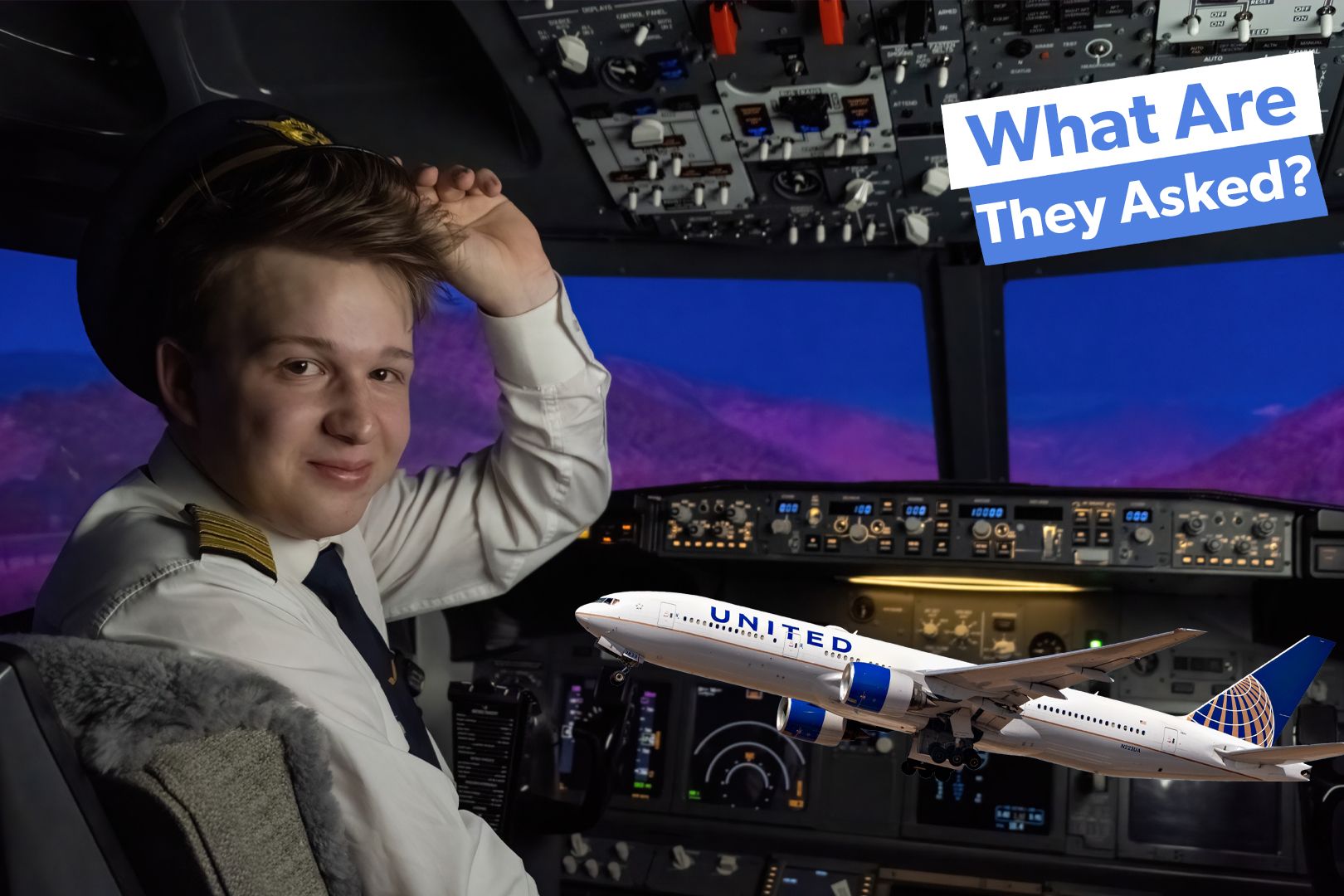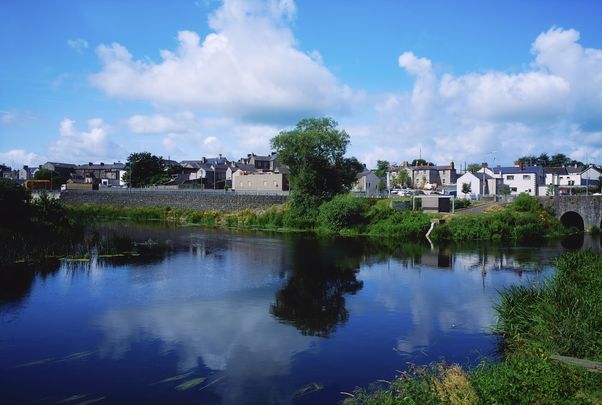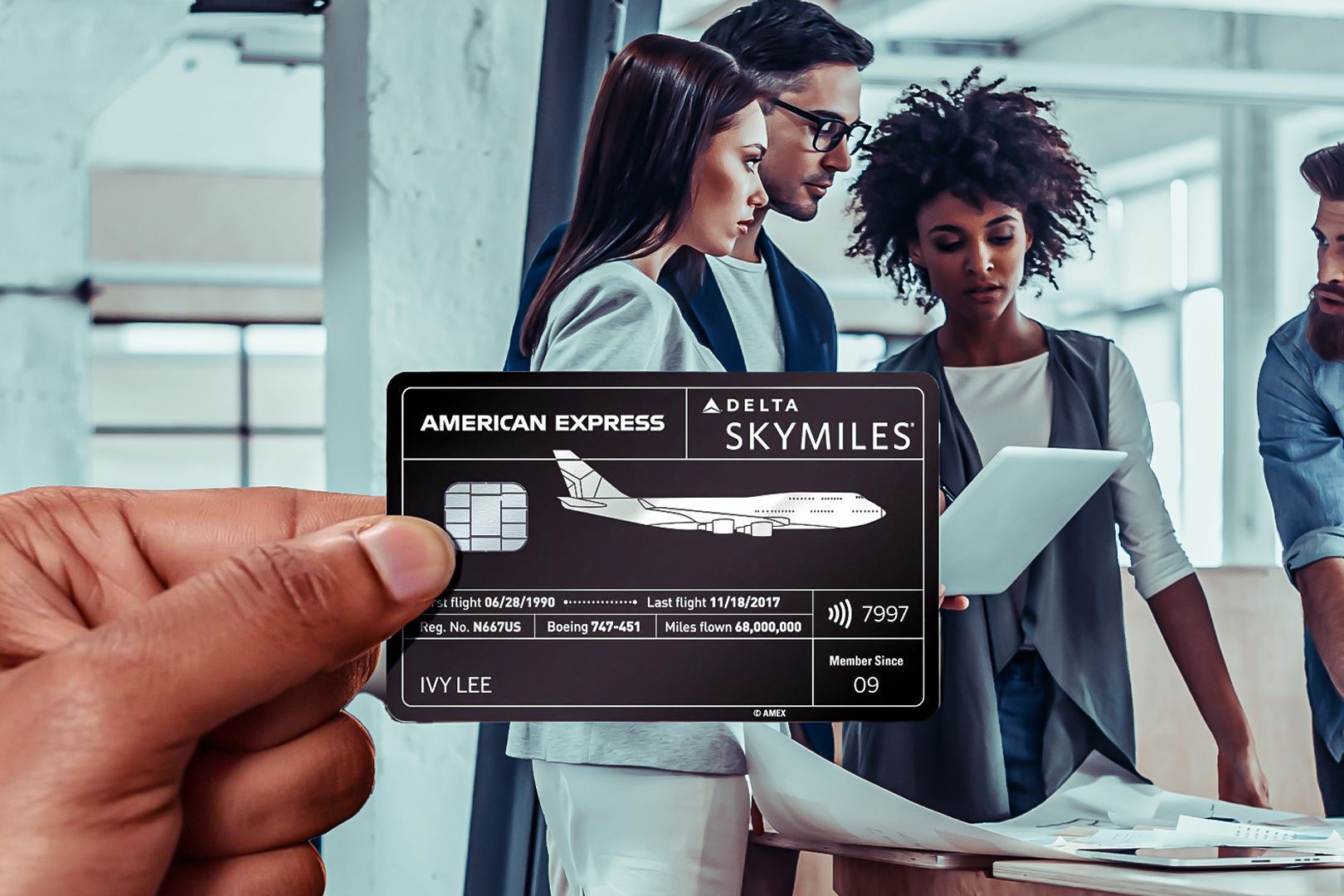Summary Airlines face a demand for 700,000 pilots in the next two decades due to the 2.4 million aviation personnel needed by 204. Causes of the pilot shortage include lengthy training processes and an imbalance between senior pilots retiring and newcomers.
Boeing underscores the importance of investing in training capacity and early career-development programs to address labor challenges. There has never been a better time to become a pilot in the history of commercial aviation. Stories abound of pilot shortages.

And the stories are not fictional – estimates reach as high as 60,000 pilots needed by the end of this decade. Airlines and corporate operations alike are in a near-continuous search for pilots. In the latest Pilot and Technician Outlook (PTO), Boeing estimates a need for nearly 700,000 pilots over the next two decades.
The flight crew shortage The need for 2.4 million aviation personnel by 2043 674,000 new pilots 980,000 new cabin crew members 716,000 new maintenance technicians The cause of the shortage is multipronged and is exhaustively documented in other articles. Still, the basics are straightforward: it takes considerable time and money to become a pilot, and the number of people committing to the years-long process is not keeping up with, or outpacing, the number of senior pilots exiting the career, often at the end of the mandatory retirement age.
This has led to a supply-and-demand imbalance, causing upward pressure on wages and benefits, the reward for pursuing and completing the arduous path to professional flight. According to Boeing, "As commercial air travel returns to its dominance in the post-pandemic era, the demand for training and related services has accordingly shown signs of faster recovery, but the industry still faces lingering challenges in meeting this demand. Among them are insufficient training capacity to support significant personnel shortage and the lag time required to bring personnel online while continuing to prioritize safety.
" "To support the rapid recovery and growth driven by expansion of global fleets, the aviation industry will need a long-term strategy that addresses upcoming labor challenges. Investment in early career-development programs and outreach efforts that spark excitement among future aviators will be essential to a healthy aviation market for years to come." A few insights for aspiring pilots.
Pilot requirements Specific number of flying hours Ground school Pilots license Specific ratings (multi-engine, night rating, IFR, etc.)her Aircraft type ratings (including simulator sessions) Medical exams Other recurring training (safety, human factors, etc.) Like other professions requiring certifications, when a pilot applies for a professional flying job, even an entry-level professional flying job, there is an assumption that the applicant possesses a certain body of experience and expertise.
After all, in the United States, you cannot be an airline pilot without an Airline Transport Pilot certificate (ATP). To accomplish that, an applicant must have passed multiple written exams and practical tests called check rides, all administered by the Federal Aviation Administration (FAA) or an FAA-designee, and build a logbook of as much as 1,500 flight hours. Airlines perform better financially when their pilots act personably.
Interview questions So, given the regulatory requirements, are pilots challenged by their technical knowledge during an interview, or is an interview mainly directed towards the applicant’s other background and decision-making abilities? While the interview process can vary significantly between prospective airline employees, pilot applicants can expect a good amount of questioning that details their personal background, strengths, weaknesses, and ability to make decisions and participate in a team, along with challenging technical questions, to assess a candidate fully. Here’s a closer look at some actual interview questions. Questions about the role In your words, what qualities should a pilot possess? Why do you want to fly for this airline? What do you know about this airline? Questions about the applicant Why did you become a pilot? What process do you use to make complex decisions? What major challenges did you face in your last professional role, and how did you handle them? Questions regarding teamwork and leadership Tell us about a time when you had to solve a complex problem as a team.
Discuss a time when you had to question the authorities to do what was right. Flying requires teamwork. What, in your words, are the essential qualities of teamwork? Questions verifying technical knowledge Can you describe balanced field length and why it is important? Describe the key differences between a precision and a non-precision instrument approach.
How does an Instrument Landing System (ILS) approach work? Following other key aviation issues? Check out Simple Flying's Guides . This sampling is designed only to give a brief look into the potential depth of a pilot interview. In an interview, an applicant must be able to display - in their words, appearance, and demeanor – confidence, leadership, poise, and technical command.
This is undoubtedly a challenge, but a well-prepared applicant can approach this important step in his or her career with confidence. International doesn't always mean intercontinental..



















